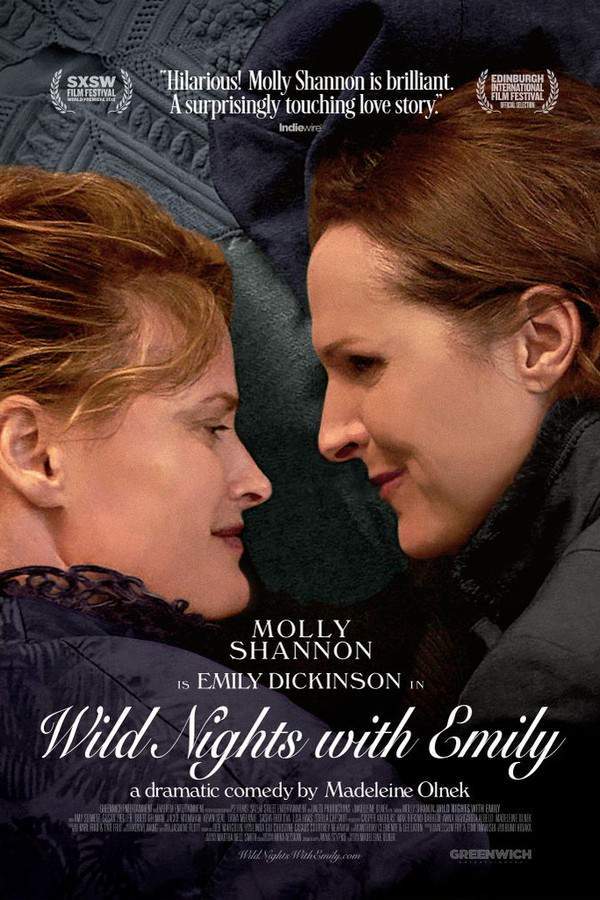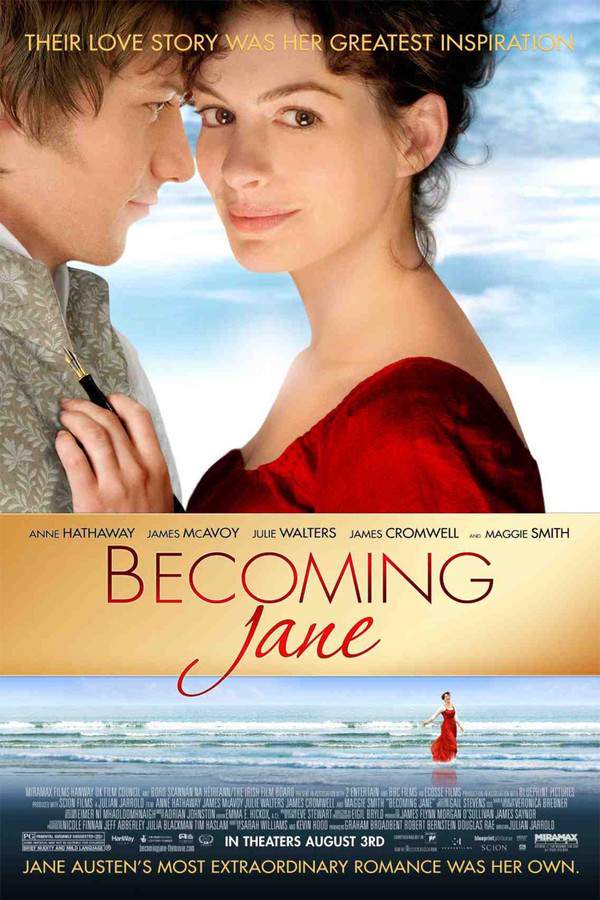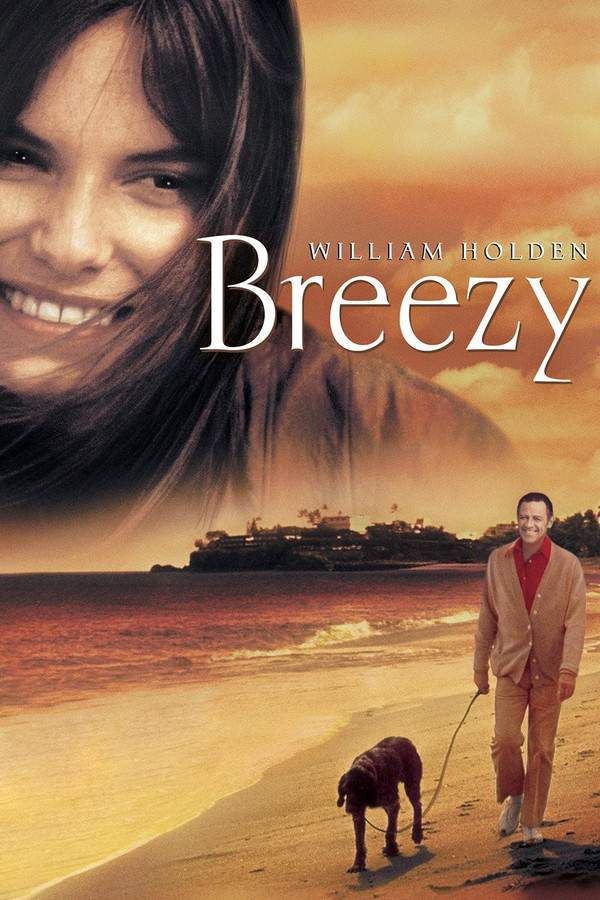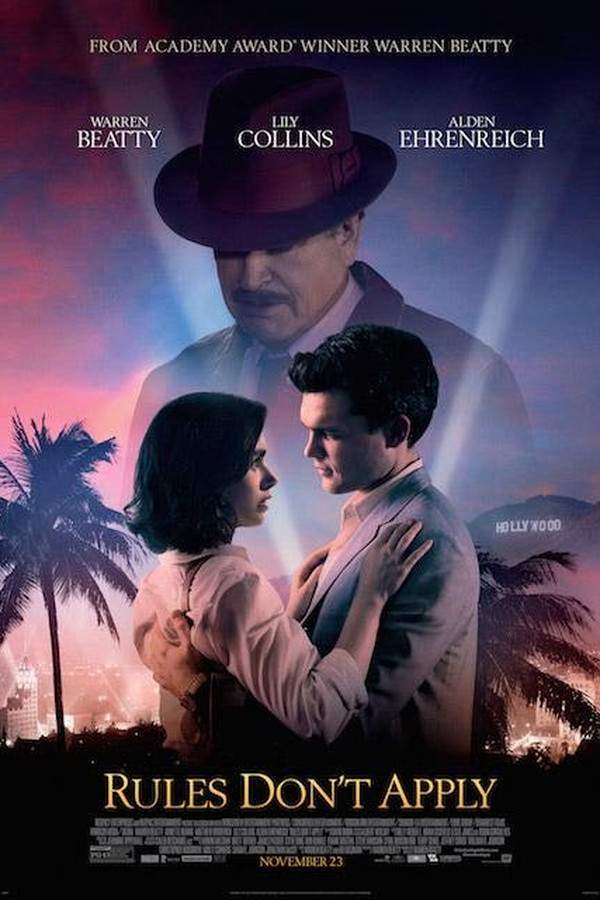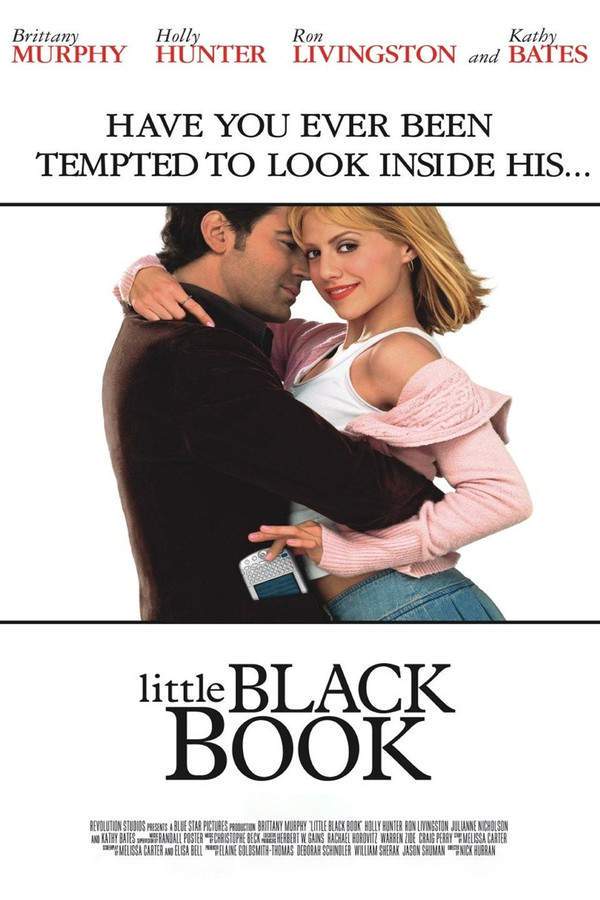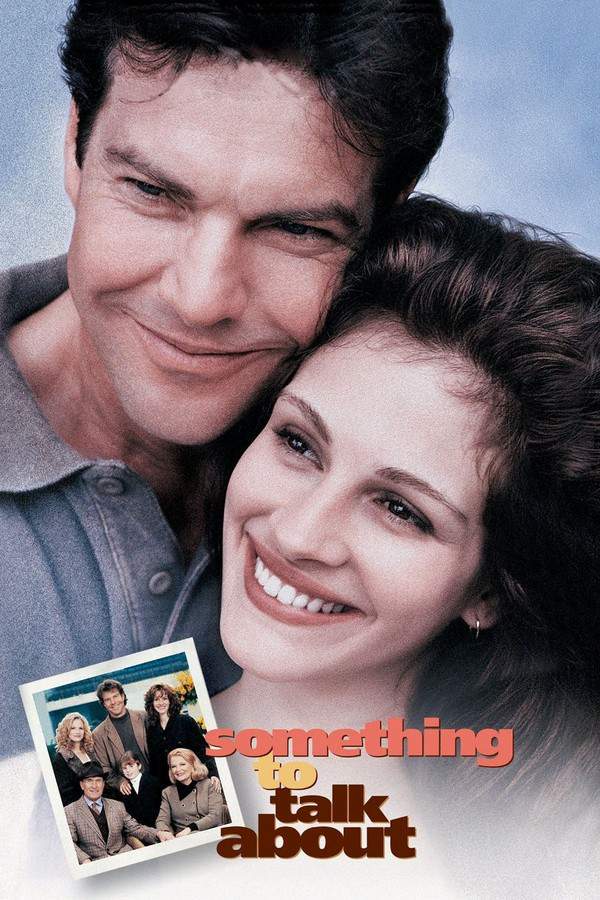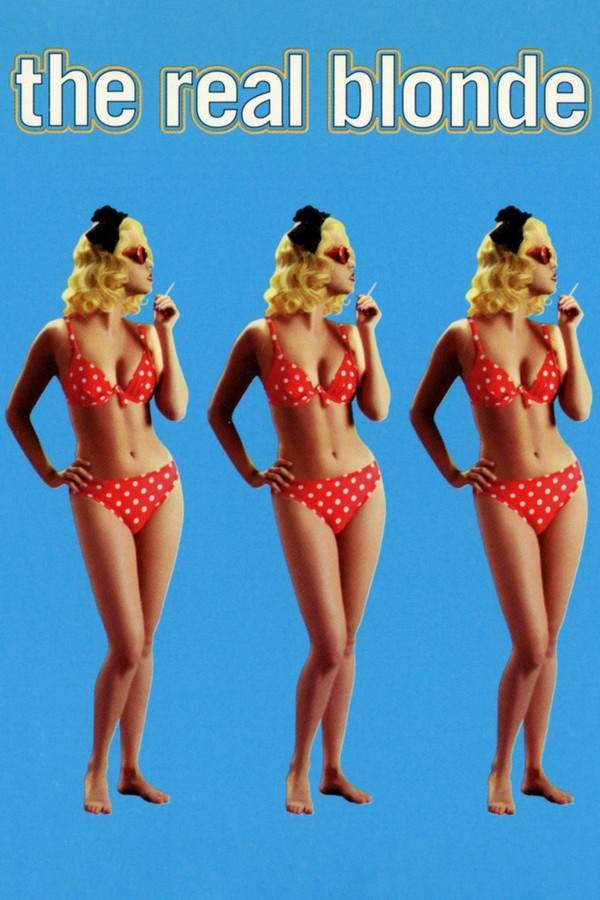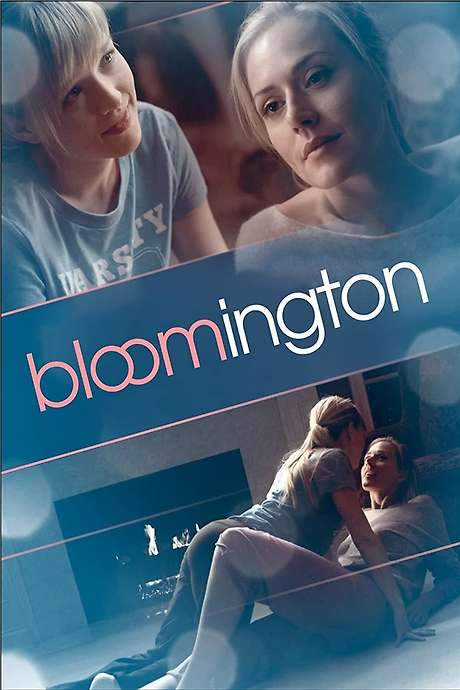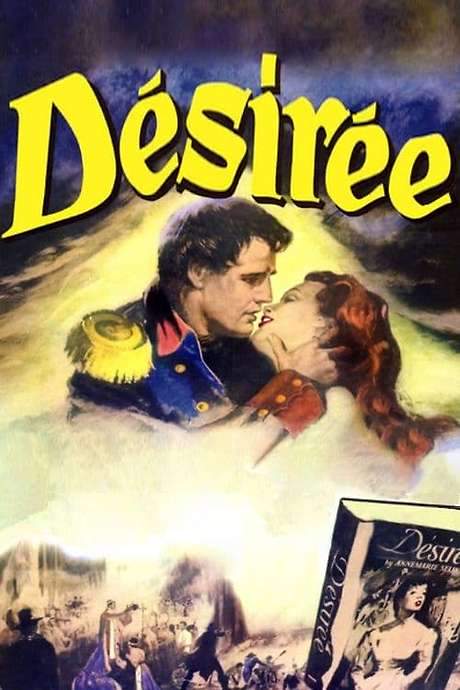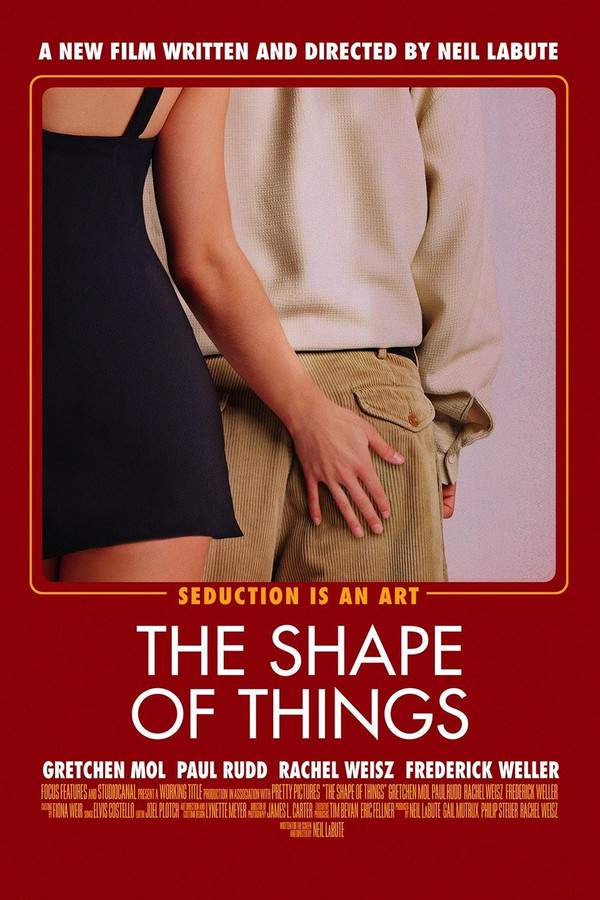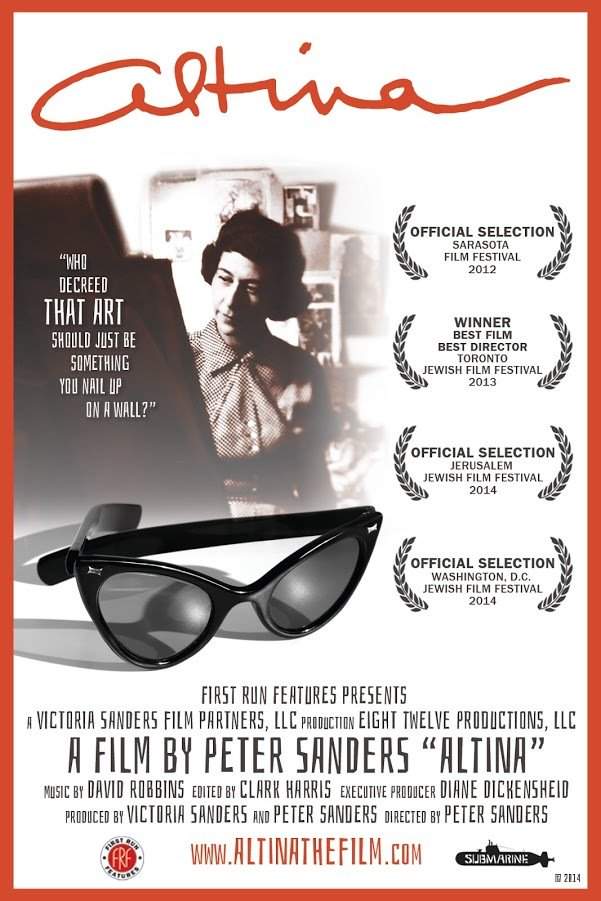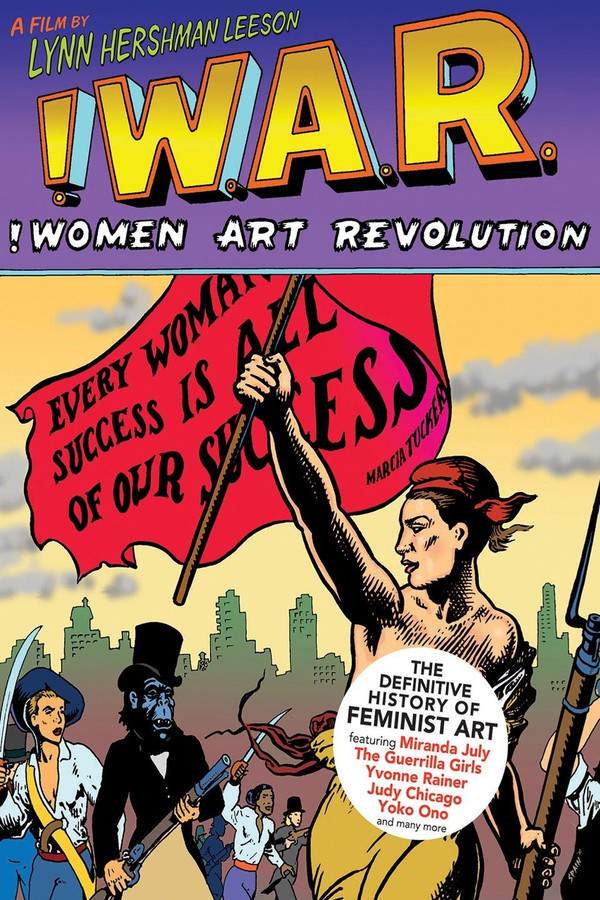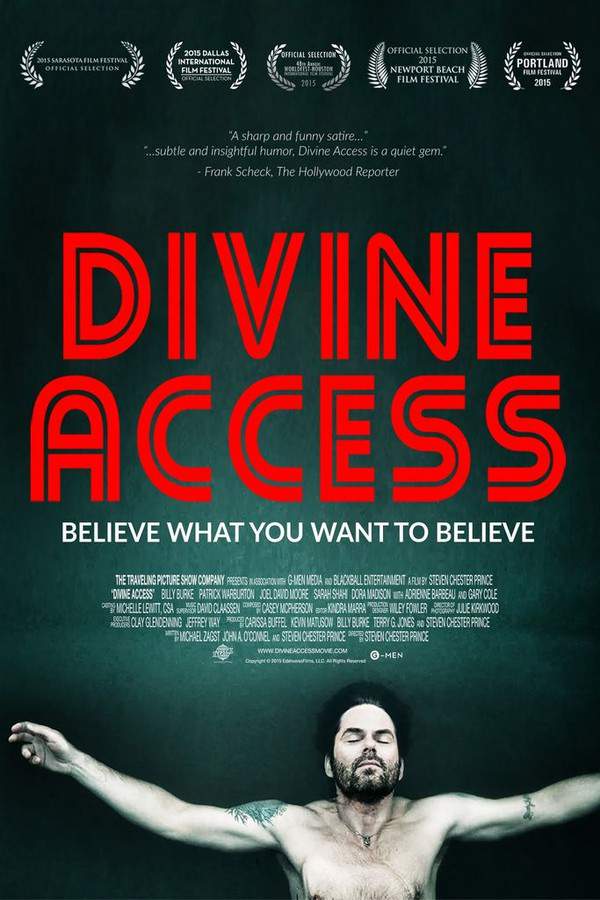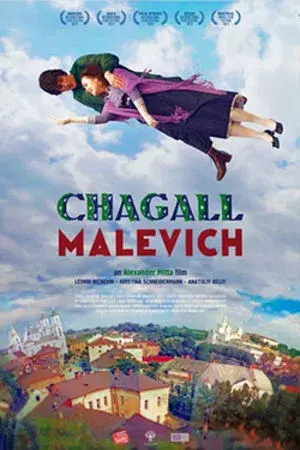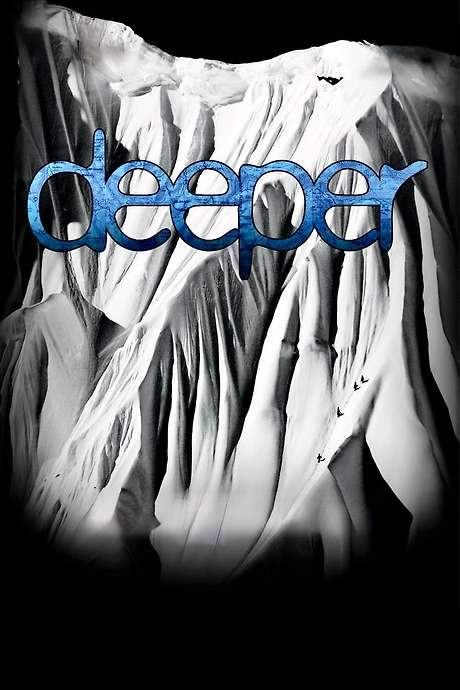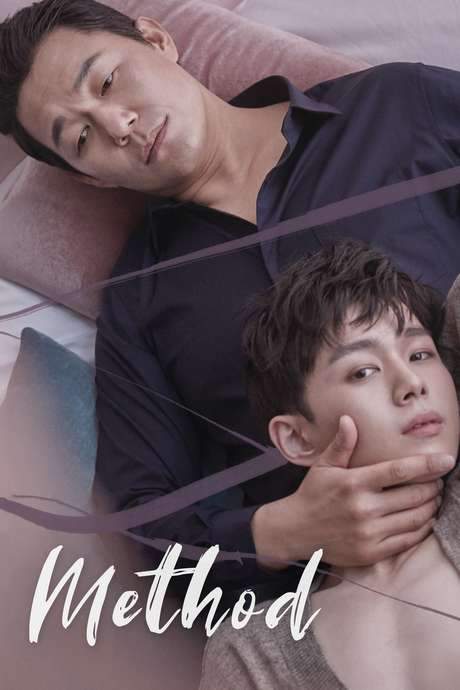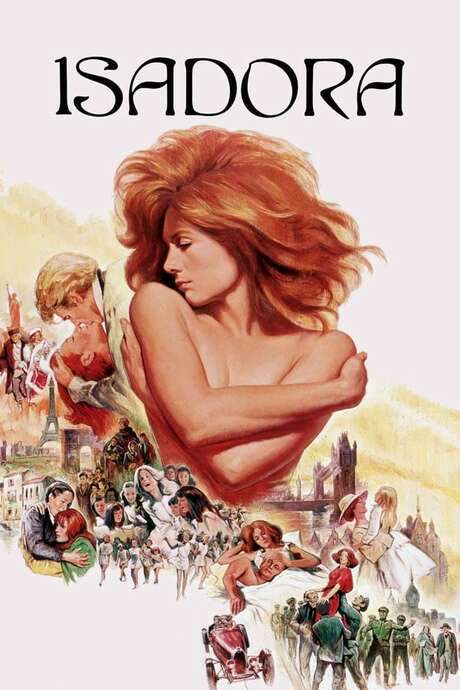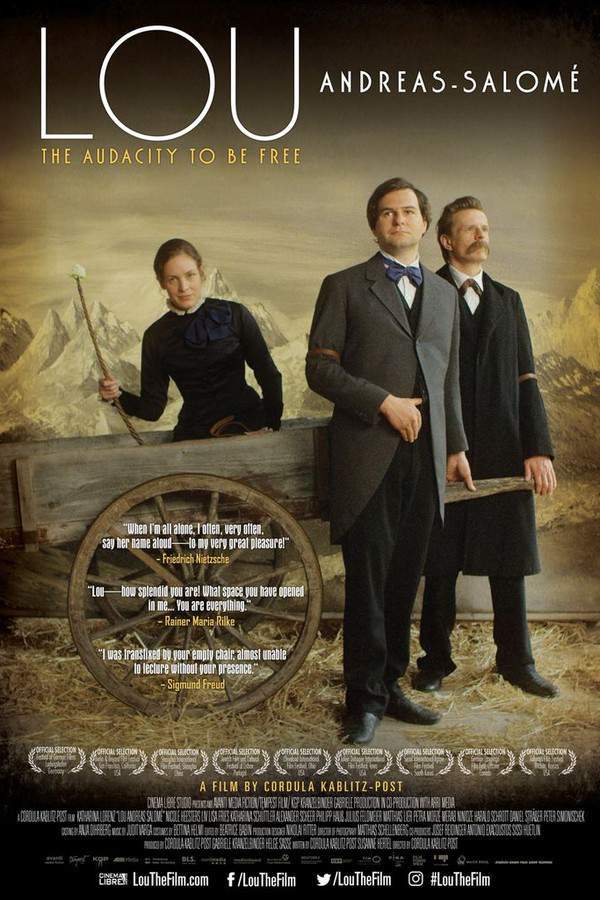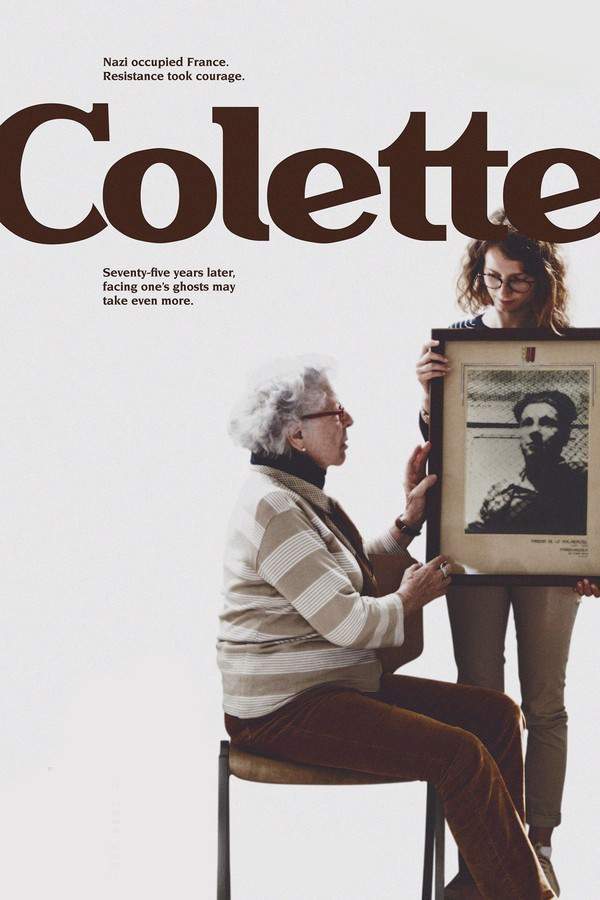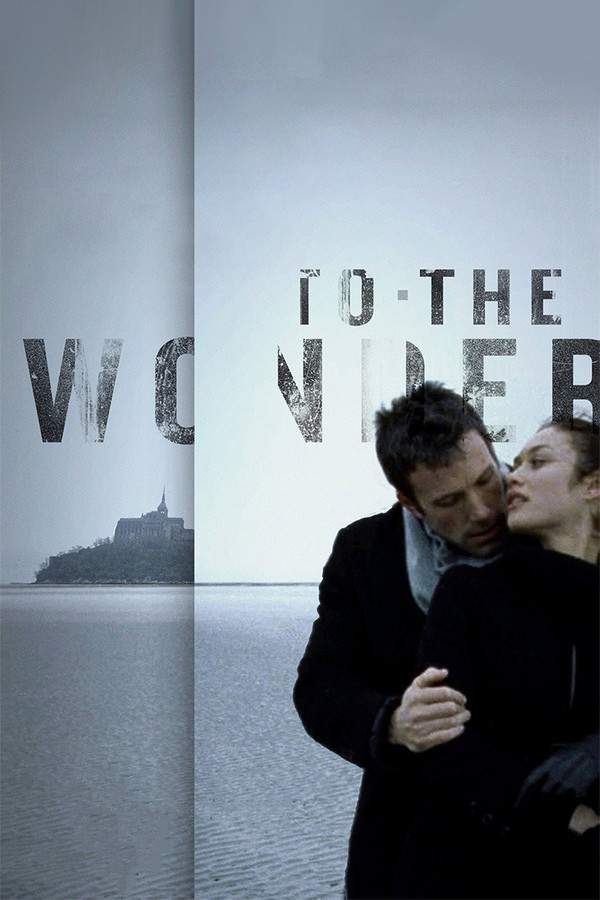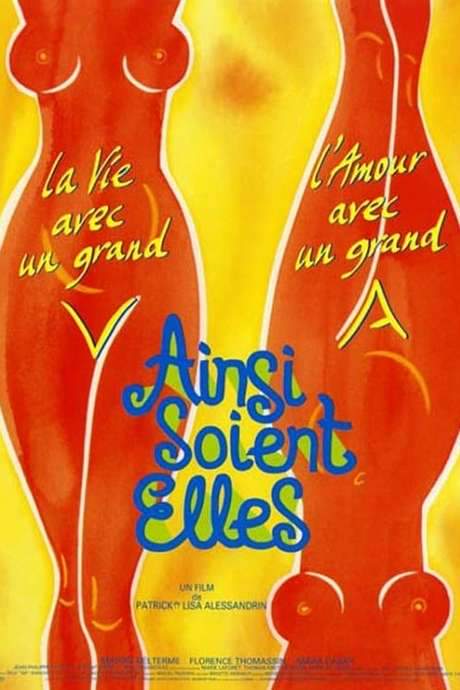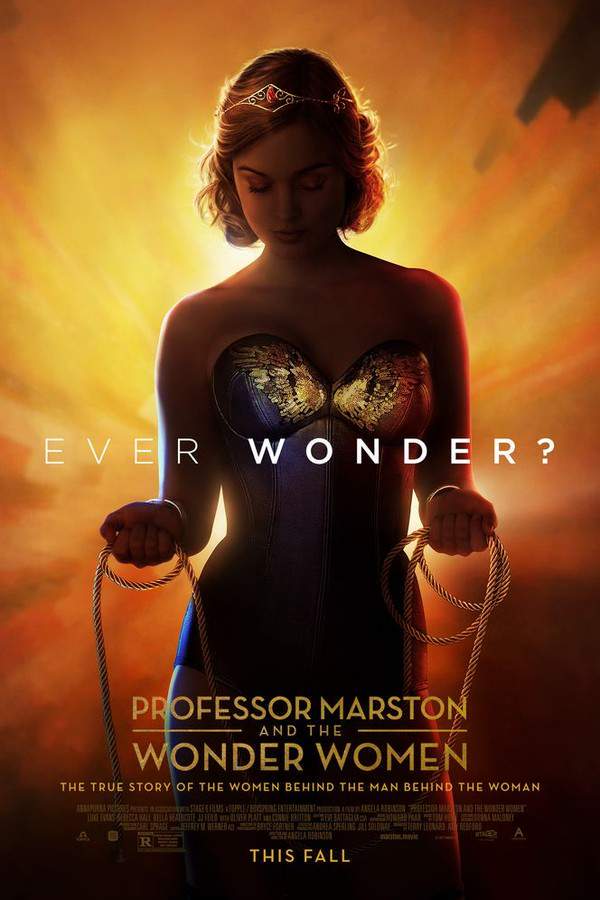
Professor Marston & the Wonder Women
During the 1940s, Harvard psychologist William Moulton Marston developed the iconic Wonder Woman, a creation deeply influenced by his complex relationships. His wife, Elizabeth, and his lover, Olive, played significant roles in inspiring the superheroine. As Marston balanced his career aspirations with his personal life, the feminist ideals championed by both women became integral to Wonder Woman’s character and powers. The film explores the unconventional origins of the legendary character and the extraordinary women who shaped her.
Warning: spoilers below!
Haven’t seen Professor Marston & the Wonder Women yet? This summary contains major spoilers. Bookmark the page, watch the movie, and come back for the full breakdown. If you're ready, scroll on and relive the story!
Professor Marston & the Wonder Women (2017) – Full Plot Summary & Ending Explained
Read the complete plot breakdown of Professor Marston & the Wonder Women (2017), including all key story events, major twists, and the ending explained in detail. Discover what really happened—and what it all means.
The narrative unfolds through a series of flashbacks during a pivotal testimony given by William Moulton Marston in 1945, before members of the Child Study Association of America. The story transports us back to 1928, where William and his wife, Elizabeth, engage in academic pursuits and research at Harvard and Radcliffe Colleges. Amidst this intellectual environment, William employs one of his students, Olive Byrne, as a research assistant. With her help, they delve deep into the invention of the lie detector and further explore William’s DISC theory. As they collaborate closely, a deep emotional connection develops among the trio.
Tests administered by the lie detector expose a powerful truth: they have all fallen in love with one another, leading to the beginning of a captivating polyamorous relationship.
However, when news of their unconventional love story begins to surface, both William and Elizabeth find themselves dismissed from their posts at the university. Shortly after, Olive announces her pregnancy and moves in with the Marstons, leading them to forge a unique family unit and construct a narrative to shield the true nature of their bond from the outside world. They settle into a quaint suburban life in New York, finding joy in their unconventional family dynamics. By 1934, both Elizabeth and Olive each give birth to William’s children—Olive has two sons while Elizabeth welcomes a son and daughter, fabricating a story to explain Olive’s presence as that of a widow taken in by the Marstons.
While William aspires to become a successful author, Elizabeth transitions into the primary breadwinner as a secretary, while Olive dedicates her time to raising the children and occasionally submitting her writing for publication. Together, they nurture their four children, with Elizabeth choosing to name her daughter after Olive.
In 1940, William discovers a lingerie shop in New York City owned by Charles Guyette, who introduces him to fetish art and comic-themed photographs that ignite his imagination and relate to his DISC theory work. Despite Elizabeth’s initial disapproval, she is persuaded during a presentation where Olive models an outfit that will ultimately become the prototype for Wonder Woman’s iconic costume.
Struggling to find consistent writing work, Marston hatches the brilliant idea of crafting a female Amazonian superheroine for a comic book, embodying his DISC theory ideals and inspired heavily by the significant women in his life. He presents this groundbreaking concept to publisher Max Gaines, who embraces it and suggests the superhero’s name be simplified to “Wonder Woman.” The comic achieves instant success, ushering prosperity into the Marston-Byrne household. However, the revelation of their unique living situation comes to light when a neighbor inadvertently stumbles upon their intimacy, resulting in bullying for their children and prompting the school to expel them. Prompted by fear for their children’s safety and social standing, Elizabeth reluctantly insists that Olive and her children leave their home.
As Wonder Woman faces scrutiny for allegedly containing sexual, sadomasochistic, and lesbian nuances, William’s testimony becomes crucial to the unfolding events. After the hearing, William suffers a collapse and is later diagnosed with terminal cancer, which pushes him to seek reconciliation with Olive and Elizabeth. In a poignant moment, William urges Elizabeth to embrace a more equitable role in their partnership. The Marstons humble themselves, pleading for Olive’s forgiveness, while Elizabeth, through tears, confesses her inability to thrive without Olive’s presence in their lives. Ultimately, she consents to reunite with them.
In a touching epilogue, we learn that William passed away in 1947, but his legacy continued with Elizabeth and Olive cohabitating as partners for an impressive 43 years, until Olive’s death in 1990. Elizabeth lived to the remarkable age of 100. The aftermath revealed that the sexual imagery prevalent in Wonder Woman comics diminished following William’s death, alongside her superpowers. In 1972, feminist icon Gloria Steinem triumphantly revived Wonder Woman by featuring her on the cover of Ms. Magazine, ultimately restoring her superhuman abilities.
Last Updated: November 15, 2024 at 16:14
Explore Movie Threads
Discover curated groups of movies connected by mood, themes, and story style. Browse collections built around emotion, atmosphere, and narrative focus to easily find films that match what you feel like watching right now.
Bittersweet Biographies of Defiant Love like Professor Marston & the Wonder Women
True stories of unconventional relationships that challenge and change the world.If you liked Professor Marston & the Wonder Women, explore more movies like it. This thread features biographical dramas about real-life unconventional relationships that challenged societal norms, blending romance, intellectual passion, and a bittersweet but hopeful tone.
Narrative Summary
Stories in this thread typically follow a chronological path, showcasing how a forbidden or taboo relationship develops, faces external pressure and persecution, but ultimately endures or leaves a lasting cultural impact. The central conflict is often between personal fulfillment and societal conformity.
Why These Movies?
Movies are grouped here for their shared focus on real-life romantic defiance, their bittersweet emotional tone balancing love and struggle, and their thoughtful, character-driven pacing that allows the weight of societal and personal consequences to unfold.
Intellectual Dramas About Creation and Taboo like Professor Marston & the Wonder Women
Stories where brilliant minds create art while navigating forbidden desires.Find movies similar to Professor Marston & the Wonder Women. This collection features intellectual dramas where the creation of a significant work of art or idea is deeply connected to the creator's exploration of social taboos, feminism, and personal liberation.
Narrative Summary
The narrative pattern involves a creator or intellectual figure whose groundbreaking work is directly inspired by their own lived experiences with taboo topics—be it sexuality, politics, or relationships. The story interweaves the development of the creation with the personal sacrifices and intellectual debates that fuel it.
Why These Movies?
These films share a focus on the act of creation, a strong intellectual and philosophical undercurrent, and themes of challenging social taboos. They possess a steady, reflective pace that allows for deep exploration of ideas and their human costs.
Unlock the Full Story of Professor Marston & the Wonder Women
Don't stop at just watching — explore Professor Marston & the Wonder Women in full detail. From the complete plot summary and scene-by-scene timeline to character breakdowns, thematic analysis, and a deep dive into the ending — every page helps you truly understand what Professor Marston & the Wonder Women is all about. Plus, discover what's next after the movie.
Professor Marston & the Wonder Women Timeline
Track the full timeline of Professor Marston & the Wonder Women with every major event arranged chronologically. Perfect for decoding non-linear storytelling, flashbacks, or parallel narratives with a clear scene-by-scene breakdown.

Characters, Settings & Themes in Professor Marston & the Wonder Women
Discover the characters, locations, and core themes that shape Professor Marston & the Wonder Women. Get insights into symbolic elements, setting significance, and deeper narrative meaning — ideal for thematic analysis and movie breakdowns.

Professor Marston & the Wonder Women Spoiler-Free Summary
Get a quick, spoiler-free overview of Professor Marston & the Wonder Women that covers the main plot points and key details without revealing any major twists or spoilers. Perfect for those who want to know what to expect before diving in.

More About Professor Marston & the Wonder Women
Visit What's After the Movie to explore more about Professor Marston & the Wonder Women: box office results, cast and crew info, production details, post-credit scenes, and external links — all in one place for movie fans and researchers.

Similar Movies to Professor Marston & the Wonder Women
Discover movies like Professor Marston & the Wonder Women that share similar genres, themes, and storytelling elements. Whether you’re drawn to the atmosphere, character arcs, or plot structure, these curated recommendations will help you explore more films you’ll love.
Explore More About Movie Professor Marston & the Wonder Women
Professor Marston & the Wonder Women (2017) Scene-by-Scene Movie Timeline
Professor Marston & the Wonder Women (2017) Movie Characters, Themes & Settings
Professor Marston & the Wonder Women (2017) Spoiler-Free Summary & Key Flow
Movies Like Professor Marston & the Wonder Women – Similar Titles You’ll Enjoy
Lou Andreas-Salomé, The Audacity to be Free (2018) Ending Explained & Film Insights
Colette (2018) Full Summary & Key Details
To the Wonder (2013) Ending Explained & Film Insights
Marie Curie: The Courage of Knowledge (2017) Full Movie Breakdown
Women in Film (2001) Plot Summary & Ending Explained
Portrait of a Marriage (1000) Film Overview & Timeline
Sexual Perversions of a Married Woman (1981) Movie Recap & Themes
The Man Who Loved Women (1983) Detailed Story Recap
I, Marquis De Sade (1967) Film Overview & Timeline
Wonder Women (1973) Film Overview & Timeline
Women (1995) Film Overview & Timeline
The Married Woman (1964) Movie Recap & Themes
The Trouble with Women (1947) Movie Recap & Themes
Marianne Bouquet (1972) Full Summary & Key Details
Marsha: The Erotic Housewife (1970) Movie Recap & Themes

